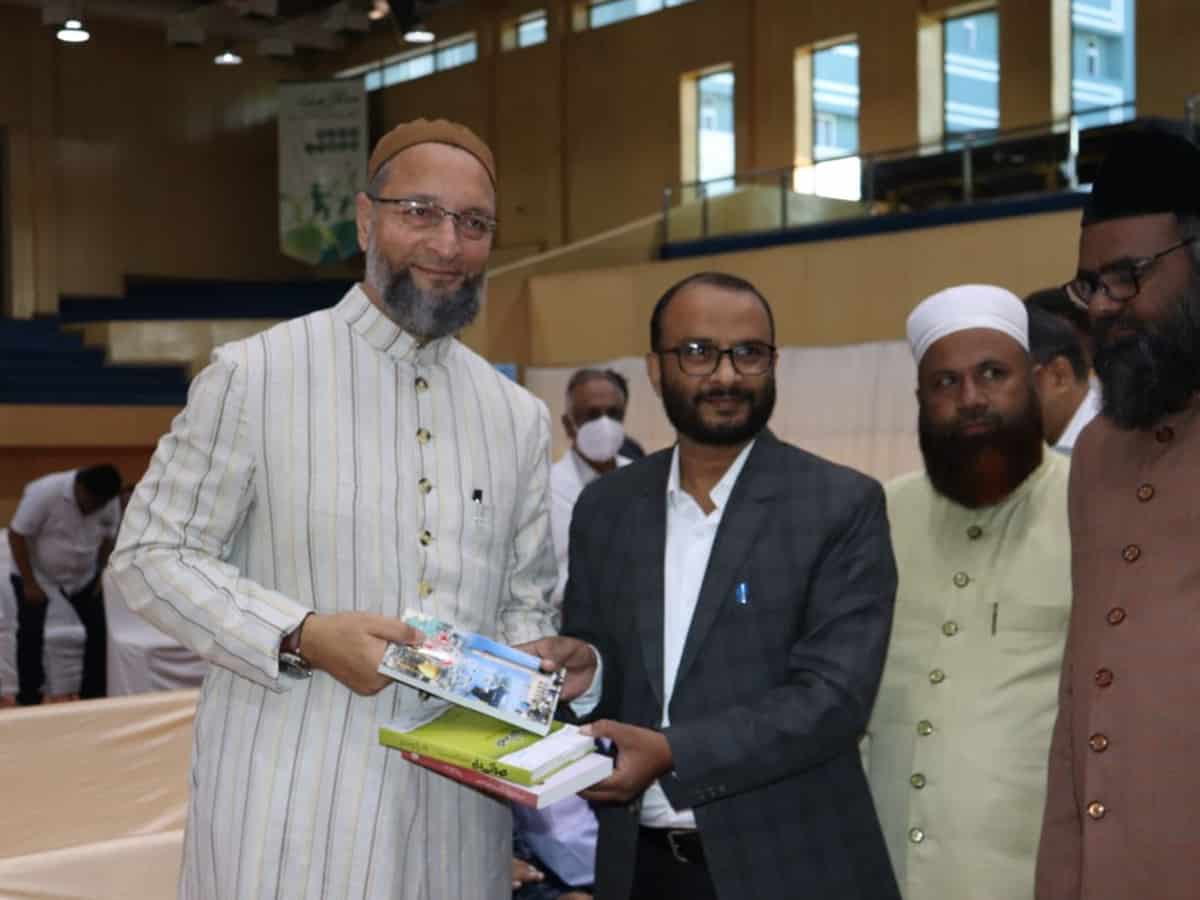Hyderabad: Unfortunately, we seem to have come to a situation, where many of us have begun to ask: Did Muslims play any role in independence movement?
With the force of insinuation and lies, things have come to a stage where the Muslims and other countrymen have to fight back to say that the names of Muslims freedom fighters cannot be removed from the minds of people. They could be taken away from the history books which are being written now but they cannot be obliterated forever. The Indians may be them be Hindus, Muslims, Sikhs, Jains or whatever are part of this society for time immemorial. Some of them might be living here for 2000 years or more or some of them have made it home some 1000 years ago. It is not Hinduism (or whatever name history gives to the group that believes in multiple gods and spiritual practices) alone which was born in India; Buddhism, Jainism, and many other faiths are also India born. But the present ruling dispensation would like to us to believe that it is only the Varna elements—Brahmins (priests, gurus, etc.), Kshatriyas (warriors, kings, administrators, etc.), Vaishyas (agriculturalists, traders, etc., also called Vysyas) are the inhabitants of this land. The definition of Shudras that is supposed to be at lowest rung of the Varna system is in a flux. Every few years one hears a new definition with the larger Hindu canvas and away from it. They were given the name of Harijan by Mahatma Gandhi which has now been changed to Dalits. Dalit community is in the churning.
So who were Indians when the struggle against the British colonialists begun. The general consensus is ‘all of them.’ But there are some political and militant dispensations who would like to oppose it and come with new definition.
Against, this flux of thoughts and its militant manifestations, Hyderabad-based Majlis-e-Ittehadul Muslimeen decided to celebrate the 75th anniversary of Independence of India. The initiative was conceived and carried with the help of numerous experts by Majlis President and Member of Parliament Asaduddin Owaisi at the Conference Hall of Owaisi Hospital on Saturday.
The one-day conference speakers which were predominantly from the Madrassa (religious education) background brought to light such aspects of Indian life which are hardly spoken about. They are being completely shut out from the public eye. They spoke about the role of Ulema or the Muslim religious experts as well as others in the struggle from the early 18th century when the British colonialists had gained their iron grip on the country and continued well after the Independence on August 15, 1947.
The first session was presided over by noted development economist Amir Ullah Khan which was followed by three other sessions. The conference which started around 11-00 am continued well after its set time of 5-00 pm.
Siasat.com has come to know on authority that the research papers which were presented at the conference would be published soon.

